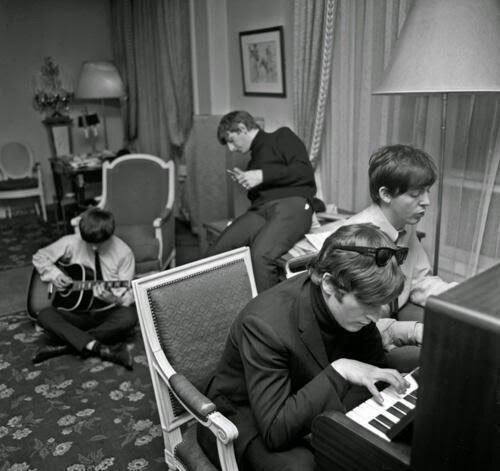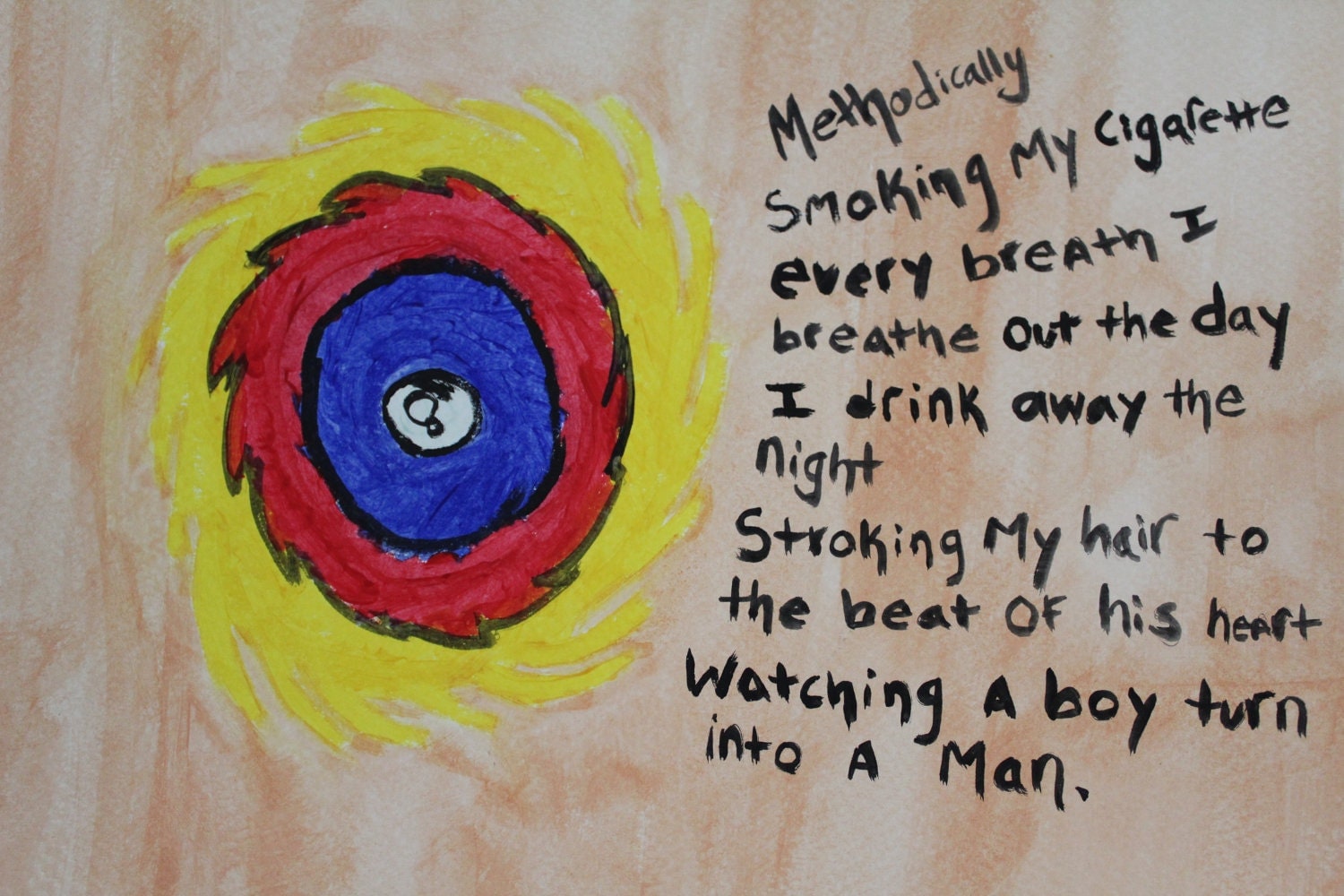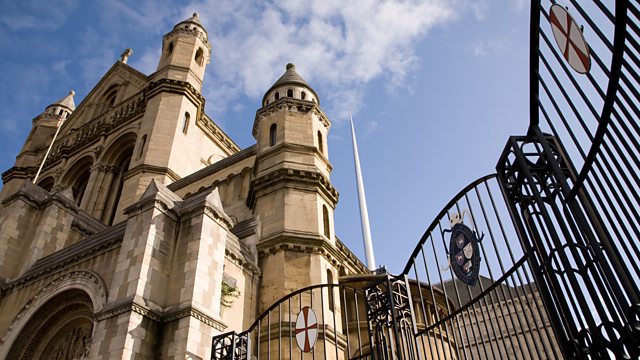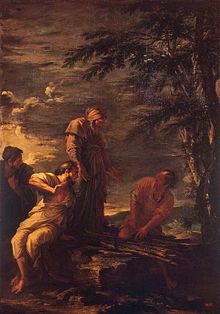 |
| John Prine, Boundless Love |
BOUNDLESS LOVE
by Jay McDaniel
Appreciation for the American country folk
singer-songwriter and for boundless love
Thank you, John Prine.
An angel from Montgomery, now residing in the boundless love of the great forgiveness, received one of her own into her arms on April 7, 2020: the singer-songwriter John Prine.
Missing you, John. And sending love to your family. By the way, the great forgiveness, is another name for what process theologians like me call the consequent nature of God. This is the side of God that is totally accepting. My own mentor, John Cobb, experienced it one night, and describes it as an experience of total transformation, boundless love, and full acceptance. Legend has it that this side of God is filled with more angels than even Montgomery can hold. As you find your rest, John, please send some more our way. But wait! You already sent so many, didn’t you, with your songs. Thank you so much.
John Prine: Boundless Love
I woke up this morning to a garbage truck
Looks like this old horseshoe's done run out of luck
If I came home, would you let me in?
Fry me some pork chops and forgive my sin?
Surround me with your boundless love
Confound me with your boundless love
I was drowning in the sea, lost as I could be
When you found me with your boundless love
Sometimes my old heart is like a washing machine
It bounces around 'til my soul comes clean
And when I'm clean and hung out to dry
I'm gonna make you laugh until you cry
Surround me with your boundless love
Confound me with your boundless love
I was drowning in the sea, lost as I could be
When you found me with your boundless love
If by chance I should find myself at risk
A-falling from this jagged cliff
I look below, and I look above
I'm surrounded by your boundless love
Surround me with your boundless love
Confound me with your boundless love
I was drowning in the sea, lost as I could be
When you found me with your boundless love
You dumbfound me with your boundless love
You surround me with your boundless lov
- John Prine
Joan Baez: For John and Fiona Prine
March 2020: Shared while John was critically ill
with COVID-19 and Fiona had also tested positive
 |
| John Prine and his wife/manager Fiona Whelan Prine at Prine’s album release party for The Tree of Forgiveness in Nashville in 2018. | Photo: Neilson Hubbard |
John Prine’s Wife Fiona Whelan Prine
Shares Message Following Legendary
Singer-Songwriter’s Passing
by Jessica Nicholson
April 8, 2020
John Prine‘s wife and manager, Fiona Whelan Prine, shared a post on Facebook following John Prine’s death on Tuesday (April 7) at age 73 due to complications from the COVID-19 coronavirus.
She shared that she was able to be with Prine in the hours before his passing, and urged readers to follow the guidelines set by the Centers for Disease Control and Prevention (CDC). She also asked that in lieu of gifts or flowers, that readers donate to organizations including Thistle Farms, Nashville Rescue Mission and Room in the Inn. John and Fiona wed in 1996; John Prine is also survived by three sons, Jody, Jack and Tommy, as well as two brothers and three grandchildren.
Message from Fiona Whelan Prine -
Our beloved John died yesterday evening at Vanderbilt Medical Center in Nashville TN. We have no words to describe the grief our family is experiencing at this time. John was the love of my life and adored by our sons Jody, Jack and Tommy, daughter in law Fanny, and by our grandchildren.
John contracted Covid-19 and in spite of the incredible skill and care of his medical team at Vanderbilt he could not overcome the damage this virus inflicted on his body.
I sat with John – who was deeply sedated- in the hours before he passed and will be forever grateful for that opportunity.
My dearest wish is that people of all ages take this virus seriously and follow guidelines set by the CDC. We send our condolences and love to the thousands of other American families who are grieving the loss of loved ones at this time – and to so many other families across the world.
Thank you from the bottom of our hearts for the outpouring of love we have received from family, friends, and fans all over the world. John will be so missed but he will continue to comfort us with his words and music and the gifts of kindness, humor and love he left for all of us to share.

* * * * * * * * * *
Wikipedia - Who Is John Prine
John Prine (October 10, 1946 – April 7, 2020) was an American country folk singer-songwriter. He was active as a composer, recording artist, and live performer from the early 1970s until his death and was known for an often humorous style of original music that has elements of protest and social commentary.
Born and raised in Maywood, Illinois, Prine learned to play the guitar at the age of 14. He attended classes at Chicago's Old Town School of Folk Music.[1] After serving in West Germany with the U.S. Army, he returned to Chicago in the late 1960s, where he worked as a mailman, writing and singing songs first as a hobby, and then becoming a club performer.
A member of Chicago's folk revival, Prine credited film critic Roger Ebert and singer-songwriter Kris Kristofferson with discovering him, resulting in the production of Prine's eponymous debut album with Atlantic Records in 1971. The acclaim earned by this LP led Prine to focus on his musical career, and he recorded three more albums for Atlantic. He then signed with Asylum Records, where he recorded an additional three albums. In 1981, he co-founded Oh Boy Records, an independent record label with which he would release most of his subsequent albums.
Widely cited as one of the most influential songwriters of his generation, Prine was known for humorous lyrics about love, life, and current events, as well as serious songs with social commentary and songs that recollect melancholy tales from his life. In 2020, he received the Grammy Lifetime Achievement Award.
John Prine: NPR Music Tiny Desk Concert
March 2018
* * * * * * * * * * * * *
 |
| Amazon Link |
"Surround me with your boundless love.
Confound me with your boundless love.
- John Cobb
In his Theological Reminiscences John Cobb tells readers about a time in his life when, for perhaps a minute or so, he felt surrounded by God as a pure, boundless love. He was in the army in WWII, living in a room in Arlington, Virginia. He had recently undertaken the discipline of directing positive feelings toward everyone he saw; and one night, as he knelt beside his bed for a “relatively perfunctory prayer," the experience fell upon him. Unbidden, and to his surprise, he had a feeling, a feeling of being loved totally accepted, just as he was. “The room was transformed, it was filled with spirit, it was filled with love.” Don't we all seek to be totally accepted, just as we are. Even and maybe especially when our horseshoes have run out of luck, and we're at risk of falling off a jagged cliff. Isn't it at this point, if not many others, when we seek that angel from Montgomery. And isn't it good that she arrives in so many forms? - Jay McDaniel
Book Blurb
In these remarkably intimate and forthcoming “reminiscences,” theologian and philosopher John B. Cobb, Jr., reflects on major theological developments of the last sixty years, from the Latin American, feminist, and black liberation theologies, to Vatican II, the “death of God,” and the shift from existentialist to process philosophies. A major conviction of Cobb’s work—amply displayed in these reflections—is that theology must engage contemporary issues. To that end, he followed a transdisciplinary approach throughout his career, integrating insights from many different areas of study and bringing different specialized disciplines into fruitful communication. As a result, Cobb has been influential in a wide range of disciplines, including theology, ecology, economics, biology and social ethics. His descriptions of these encounters are rich in personal detail and refreshingly honest.
Boundless Love
by Henry Van Dyke
O Thou whose boundless love bestows
The joy of life, the hope of Heaven;Thou whose unchartered mercy flows
O'er all the blessings Thou hast given;
Thou by whose light alone we see;
Thou by whose truth our souls set free
Are made imperishably strong;
Hear Thou the solemn music of our song.
Grant us the knowledge that we need
To solve the questions of the mind;
Light Thou our candle while we read,
And keep our hearts from going blind;
Enlarge our vision to behold
The wonders Thou hast wrought of old;
Reveal thyself in every law,
And gild the towers of truth with holy awe.
To solve the questions of the mind;
Light Thou our candle while we read,
And keep our hearts from going blind;
Enlarge our vision to behold
The wonders Thou hast wrought of old;
Reveal thyself in every law,
And gild the towers of truth with holy awe.
Be Thou our strength when war's wild gust
Rages around us, loud and fierce;
Confirm our souls, and let our trust
Be like a wall that none can pierce;
Give us the courage that prevails,
The steady faith that never fails,
Help us to stand in every fight
Firm as a fortress to defend the right.
Rages around us, loud and fierce;
Confirm our souls, and let our trust
Be like a wall that none can pierce;
Give us the courage that prevails,
The steady faith that never fails,
Help us to stand in every fight
Firm as a fortress to defend the right.
O God, make of us what Thou wilt;
Guide Thou the labor of our hand;
Let all our work be surely built
As Thou, the architect, hast planned;
But whatsoe'er thy power shall make
Of these frail lives, do not forsake
Thy dwelling. Let thy presence rest
Forever in the temple of our breast.
Guide Thou the labor of our hand;
Let all our work be surely built
As Thou, the architect, hast planned;
But whatsoe'er thy power shall make
Of these frail lives, do not forsake
Thy dwelling. Let thy presence rest
Forever in the temple of our breast.



















![Théodore Géricault - The Raft of the Medusa, Sketch [1818]… | Flickr](https://live.staticflickr.com/3870/14920956826_10f9a3d3dd_b.jpg)














